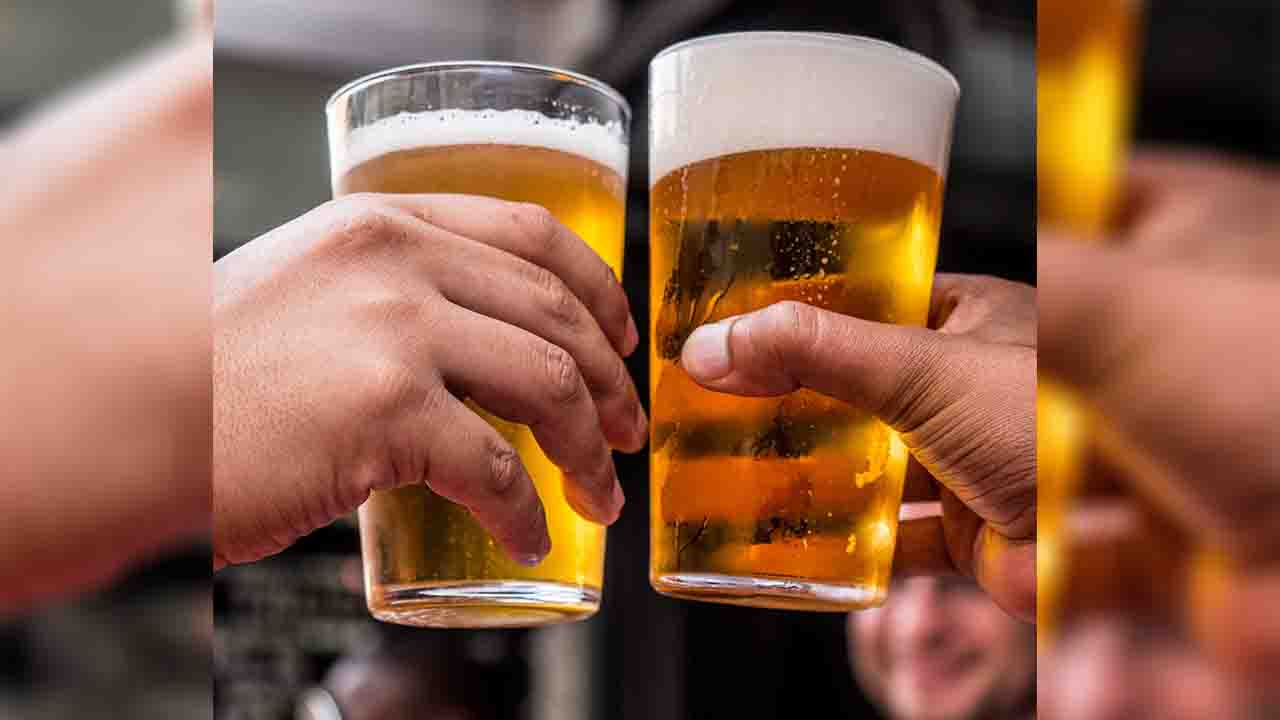Health New Zealand (Commonwealth Union) – A modeling study conducted by researchers at the University of Otago, Wellington reveals that implementing policies such as increasing taxes on alcohol, reducing its availability, and banning alcohol marketing would yield substantial health benefits for New Zealanders, with a particular focus on improving the well-being of the indigenous Māori communities.
The study assessed the potential impact of several measures, including a 50% tax hike on alcohol, reducing the number of alcohol-selling outlets from 63 to five per 100,000 people, decreasing the operating hours of these outlets from 112 to 50 per week, and prohibiting all forms of alcohol marketing. These measures were chosen following consultations with various stakeholders, including groups concerned about the adverse effects of alcohol consumption in their communities.
The lead modeler of the study, Dr. Anja Mizdrak, highlighted that each of these interventions, when applied individually, would lead to a reduction in alcohol consumption ranging from 7.6% to 9%. When implemented as a comprehensive package, these measures would collectively result in a 30% decrease in alcohol consumption. This reduction would translate into a significant improvement in health-adjusted life years, totaling 726,000 across the population. Consequently, the median life expectancy would increase by 87.6 days.
The finding appeared in the scientific journal Addiction.
Dr. Mizdrak emphasized the substantial health risks associated with alcohol consumption, including an elevated risk of various cancers and its significant contribution to fatalities and injuries in road accidents. In 2016, alcohol consumption was ranked as the fifth leading cause of death and disease in the New Zealand population.
The study underscores the potential for substantial health improvements if the New Zealand government were to adopt recommendations from previous government-led inquiries on alcohol regulations. These recommendations include those from the 2010 New Zealand Law Commission review, which called for a minimum 50% increase in alcohol taxes. This increase would translate to price hikes of NZ$1.25 for a bottle of wine and NZ$11.32 for a bottle of spirits.
“The measures we have modelled are all ones which have been repeatedly recommended by successive government-led reviews of alcohol regulation. It is past time for the Government to act and implement these evidence-based measures.”
According to the modeling results, a comprehensive prohibition on alcohol marketing would result in an estimated increase of 226,000 health-adjusted life years for the entire population. Earlier studies have demonstrated that even a partial marketing ban, such as one targeting sports sponsorships, could reduce alcohol consumption by 5%, resulting in a gain of 123,000 health-adjusted life years.
Dr. Mizdrak highlights that reducing the hours of operation for off-licence outlets and decreasing the number of liquor establishments in communities could also help reduce health disparities, particularly benefiting the Māori population.
“We know that exposure to alcohol marketing and availability is inequitable and that communities have called for change. Neighbourhoods with a higher proportion of Māori (more than 15 per cent) have 32 per cent more alcohol outlets than neighbourhoods with fewer Māori residents.”
Dr. Mizdrak indicated that if the government were to implement the suggested alterations to alcohol regulations promptly, it would yield immediate enhancements in health and well-being by reducing injuries and mitigating the long-term risk of cancer.
“The health benefits of reducing alcohol use now will continue into the future because of the cumulative impact alcohol consumption has in increasing the risk of developing non-communicable diseases. This makes it even more important for the Government to act now to reduce the harms from alcohol.”
The study received funds from the Te Hiringa Hauora Health Promotion Agency, which is currently a part of Te Whatu Ora. Much attention has been drawn on measures of raised taxes and restrictions in marketing in recent years on smoking and alcohol consumption.








